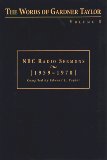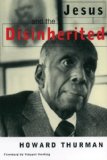What to Remember for Special Day’s Preaching
This past week a customer purchased a few of my books and wanted some sermon consultation on an upcoming sermon. He was to preach for an education day program. As we progressed in the steps of my own sermon creation methodology I emphasized a few points to my student.



